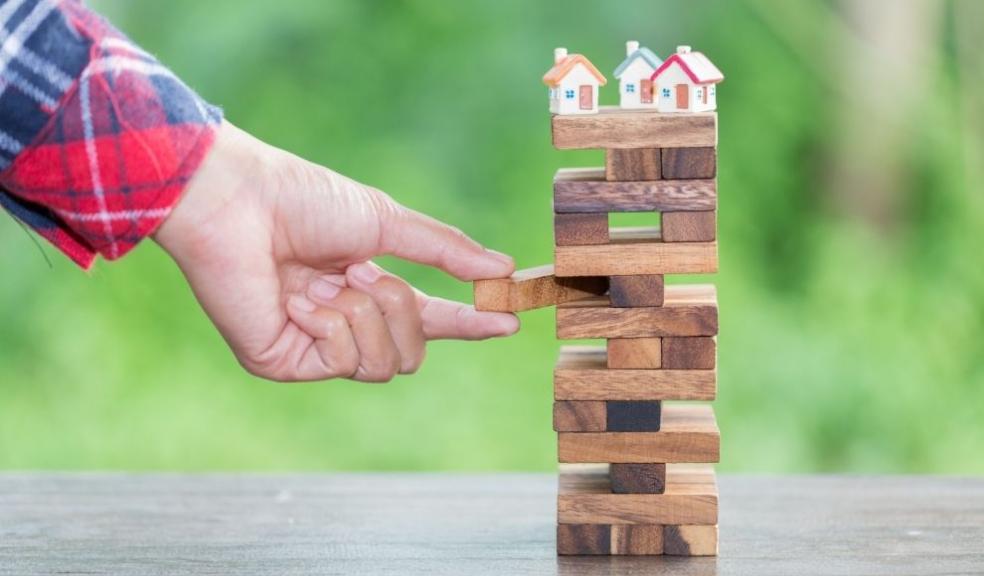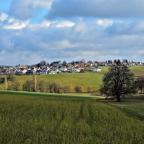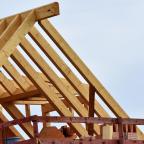
Why are we worried about a property market crash when we’ve only just recovered from the last one?
According to Google, the search for “UK house price crash coming” has spiked in recent weeks, but research by estate and lettings agent, Barrows and Forrester, has revealed that while homebuyers are worried about a potential market crash, the market has only just recovered from the previous one when accounting for inflation.
Barrows and Forrester analysed house price data over the last two major economic recessions in the 1990s and 2008 and while both lasted for just five quarters in terms of the impact on national GDP, the impact on the property market lasted far longer.
The 1990 recession
In Q3, 1990 house prices started to drop from an average of £58,773 with the market bottoming out in the final quarter of 1992 at £53,213. It wasn’t until the third quarter of 1996 that they recovered to their pre-recession level (£58,854).
However, the research by Barrows and Forrester shows that when adjusting for inflation, this pre-crash house price high actually sat at £136,613 when the recession hit. When allowing for inflation, their research shows that the market didn’t truly recover until the third quarter of 1999 when the average house price finally climbed to £142,566, meaning the property market crash due to the recession actually lasted nine years, not six.
The 2008-09 recession
When the recession hit in the second quarter of 2008, house prices had already started to cool from the highs of £189,503 seen in Q3 of 2007. They then plummeted from an average of £183,082 and continued to do so until the first quarter of 2009 when the market bottomed out at £155,701. It wasn’t until the second quarter of 2014 that the average house price returned to its pre-recession levels (£185,362), exceeding the 2007 peak the following quarter (£191,260).
But again, when adjusting for inflation, the average UK house price when the recession hit in Q2 of 2008 actually stood at £249,812. This house price benchmark is one that the current market has only just returned to in Q1 of this year when the average house price hit £252,873 across the UK. So while the property market crash lasted for five years on paper, the inflation-adjusted recovery timeline actually spans almost 13 years.
Managing Director of Barrows and Forrester, James Forrester, commented:
“With the end of the stamp duty holiday nigh, many market naysayers are starting to call the next property market crash from the comfort of their keyboards and this negativity is starting to filter through to homebuyers and sellers.
However, the reality is that when looking at the actual value of the market when adjusting for inflation, we’ve only just recovered from the last market crash. Despite this, the market has been running red hot of late, with buyer and seller confidence at an all-time high and it goes to show just how influential market sentiment is when it comes to turning the cogs of the UK property market.”
|
1990s Recession |
|||||
|
Quarter |
Year |
Timeline |
Average UK House Price |
Inflation-Adjusted Timeline |
Inflation-Adjusted Average UK House Price |
|
Q3 |
1990 |
Start |
£58,773 |
Start |
£136,613 |
|
Q3 |
1991 |
End |
£57,959 |
End |
£127,252 |
|
Q3 |
1996 |
Recovery |
£58,854 |
- |
£112,979 |
|
Q3 |
1999 |
- |
£80,443 |
Recovery |
£142,566 |
|
|
|
|
|
|
|
|
2008-09 Recession |
|||||
|
Quarter |
Year |
Timeline |
Average UK House Price |
Inflation Adjusted Timeline |
Inflation Adjusted Average UK House Price |
|
Q2 |
2008 |
Start |
£183,082 |
Start |
£249,812 |
|
Q2 |
2009 |
End |
£157,806 |
End |
£216,473 |
|
Q2 |
2014 |
Recovery |
£185,362 |
- |
£212,230 |
|
Q1 |
2021 |
- |
£252,873 |
Recovery |
£252,873 |









